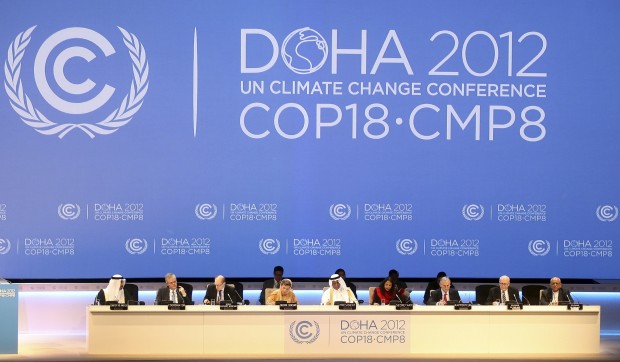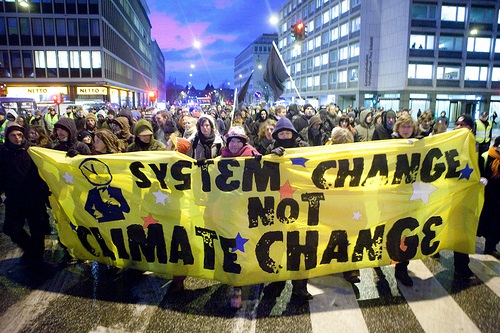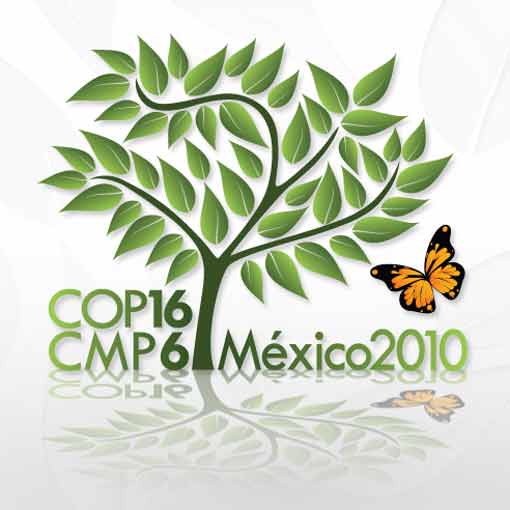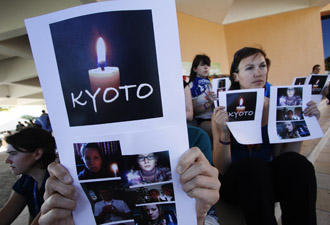"Climate Conference in Doha to lead us into a dangerous impasse"
Coalition of the willing instead of waiting for consensus – climate bailout fund needs to be implemented quickly

Statement by Dr. Thiemo Gropp, Director of the DESERTEC Foundation, on the climate conference in Doha (Qatar)
Hamburg 27th November, 2012. For the 18th UN Climate Change Conference around 20,000 people from over 190 countries have boarded planes to stay in air-conditioned hotels and produce huge amounts of CO2 all in the name of climate protection. And what is the result of almost two decades of this annual meeting? The world emits more CO2 today than ever before.
Climate protection is a global issue that cannot be solved by one country alone. But the premise of the UN climate conference that the start of comprehensive climate action must depend on the global consensus of all concerned parties brings us to a dangerous impasse. As long as countries believe that further negotiation can bring them economic advantages there will always be delay. What we need is a coalition of the willing committed to funding solutions from which all parties will benefit.



 Climate Change
Climate Change




 Cancun climate talks end with modest steps
Cancun climate talks end with modest steps


